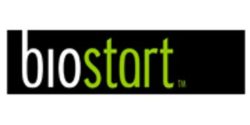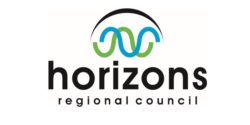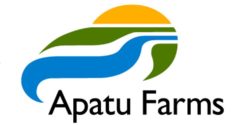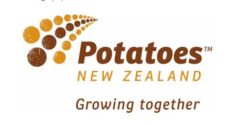 LandWISE 19 “Rethinking Best Pratice” wrapped up less than a week ago, and we’re already in the planning stages for 2020. However, before we get too carried away with that, we reflect on this year’s conference and its highlights.
LandWISE 19 “Rethinking Best Pratice” wrapped up less than a week ago, and we’re already in the planning stages for 2020. However, before we get too carried away with that, we reflect on this year’s conference and its highlights.
We were honoured to have two guest speakers join us from the US thanks to our Platinum sponsor AGMARDT – Brad Bernhard from the University of Illinois, and Frank Forcella from the University of Minnesota (now retired).
Brad’s presentation was well received, with the message of soil testing, and matching nitrogen applications to plant demand and yield potential very relevant for the growers whom attended. Brad’s PhD work was also well delivered with on-theme humour interspersed with the corn and nitrogen content.

Frank’s presentation “Weeding with Walnuts” focused on abrasive weeding, and was well placed as part of our session on Managing Herbicide Resistance. Frank’s abrasion weeding technique and research was on display at the MicroFarm field visit on Thursday afternoon. Thanks to Trevor James and AgResearch for lending us his abrasion weeding machine. This was a popular demo to view and test out on the broadleaf weeds in our Barley crop.
We are very grateful to all of our invited speakers, without whom we would not be able to present a new LandWISE conference each and every year. There was particularly good feedback about the presentations from the “Something Rather Different” session on Day 1 where two farmers and one researcher presented their experiences cultivating markets for and growing novel crops in New Zealand. We look forward to hearing more about NZ grown Bananas, Hemp, and Quinoa.

A massive thank you must also go to our kind sponsors who made this conference possible. At the platinum level HBRC, AGMARDT, and BASF helped us very generously, we also appreciate our gold sponsors Vegetables NZ Inc, Process Vegetables NZ, ARAG Australia / SenseFly, Potatoes NZ, and Power Farming.
Another highlight for the LandWISE team was seeing Hugh Ritchie receive the inaugural LandWISE Sustainability Award, as well as being bestowed with the honour of Life Member. Hugh has been involved with LandWISE since its humble beginnings in a maize paddock in 1999. Hugh also acted as chairman of the LandWISE board for over 10 years, and since stepping down has remained a staunch supporter of our work and projects. As part of receiving Life Membership, Hugh was gifted with an engraved shovel with which, judging by the picture below, we think he was quite pleased…

Finally, we thank all the conference attendees for their interest, participation and engagement with the conference content. We are very lucky to attract growers, farmers, researchers, and industry people from such a wide array of backgrounds and industries – the variety and diversity of conference attendees has significantly contributed to the quality of discussion and network building.
If you missed this year’s LandWISE conference, make sure to subscribe to our newsletter, and stay in touch for updates about LandWISE 2020 – we look forward to seeing you there!


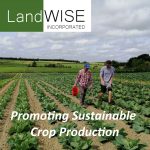
 Thank you to those who joined us for the Live Panel Discussion with June’s podcast guests. We were thrilled to get so many participants in our first live webcast, and appreciated the rich conversation as a result of the varied viewpoints from panel presenters and listeners.
Thank you to those who joined us for the Live Panel Discussion with June’s podcast guests. We were thrilled to get so many participants in our first live webcast, and appreciated the rich conversation as a result of the varied viewpoints from panel presenters and listeners.




 LandWISE 19 “Rethinking Best Pratice” wrapped up less than a week ago, and we’re already in the planning stages for 2020. However, before we get too carried away with that, we reflect on this year’s conference and its highlights.
LandWISE 19 “Rethinking Best Pratice” wrapped up less than a week ago, and we’re already in the planning stages for 2020. However, before we get too carried away with that, we reflect on this year’s conference and its highlights.


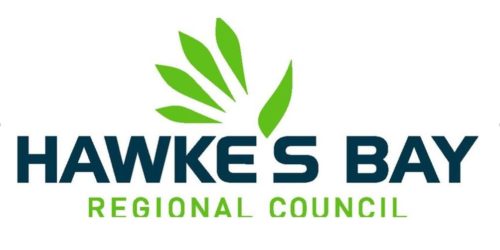
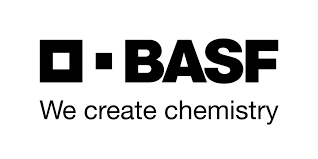
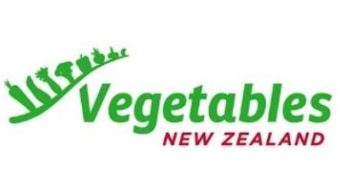
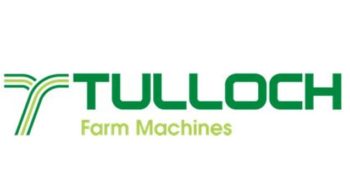
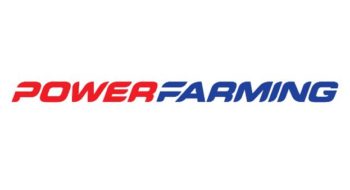
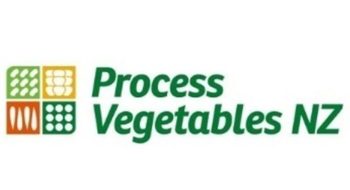
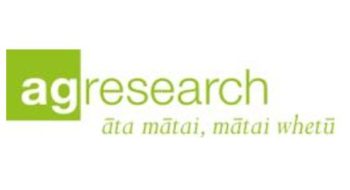
 Drumpeel Farms has been run as a continuous mixed cropping farm since 1962 but had been cropped prior to that time. Key to the ongoing success of this farm has been a 5-year rotation utilizing legumes, cereals, seeds and stock.
Drumpeel Farms has been run as a continuous mixed cropping farm since 1962 but had been cropped prior to that time. Key to the ongoing success of this farm has been a 5-year rotation utilizing legumes, cereals, seeds and stock.

 John van der Linden is a Viticulturist with Villa Maria Estate, NZ’s most awarded wine company. He has developed a wealth of viticultural experience and knowledge having grown up on a vineyard, owned and managed his own vineyards, studied and lectured in Viticulture and worked as a Viticulturist in Hawkes Bay and Marlborough for some major NZ wine companies. One of John’s philosophies is that ‘there is always a better way’ and so innovation, sustainability and continuous improvement play a big part in his role.
John van der Linden is a Viticulturist with Villa Maria Estate, NZ’s most awarded wine company. He has developed a wealth of viticultural experience and knowledge having grown up on a vineyard, owned and managed his own vineyards, studied and lectured in Viticulture and worked as a Viticulturist in Hawkes Bay and Marlborough for some major NZ wine companies. One of John’s philosophies is that ‘there is always a better way’ and so innovation, sustainability and continuous improvement play a big part in his role.
